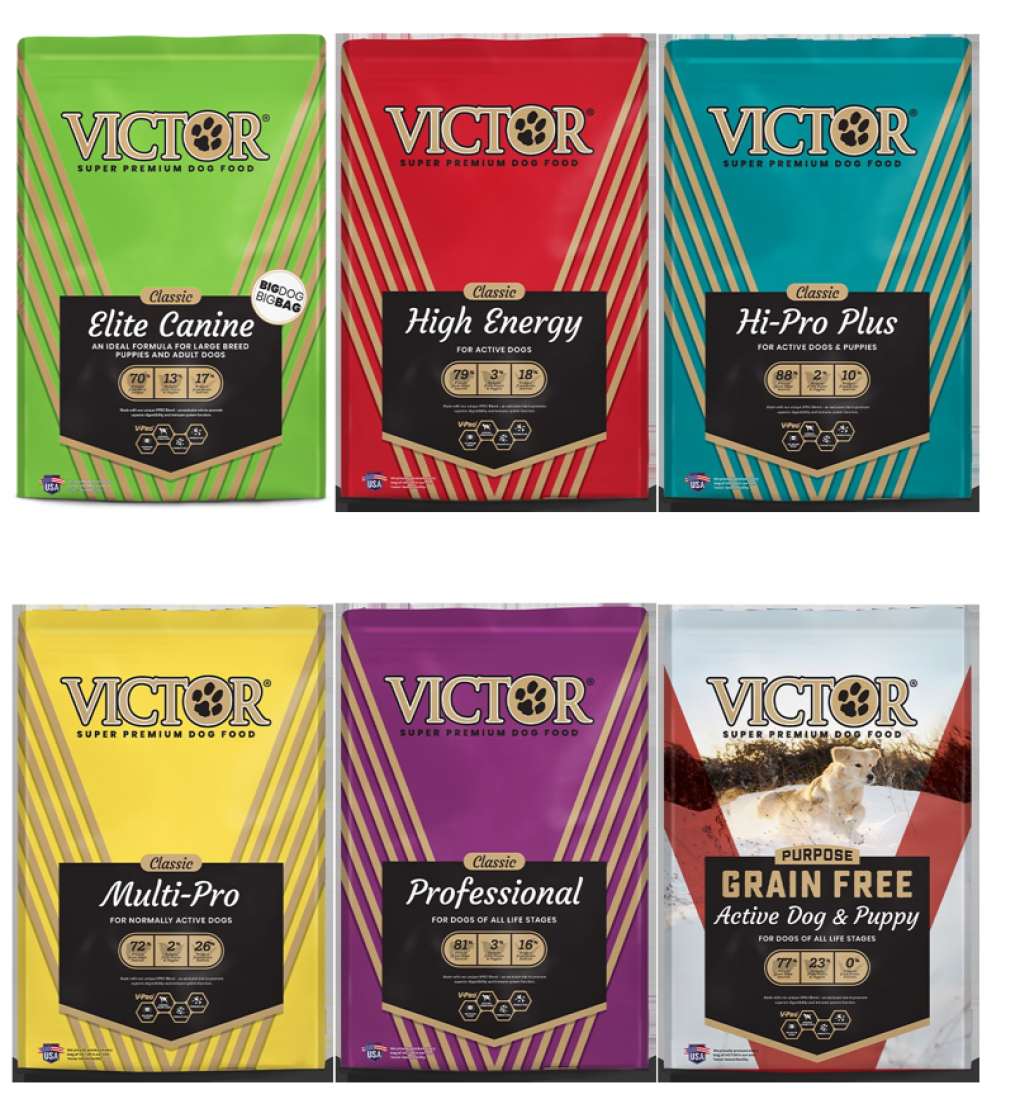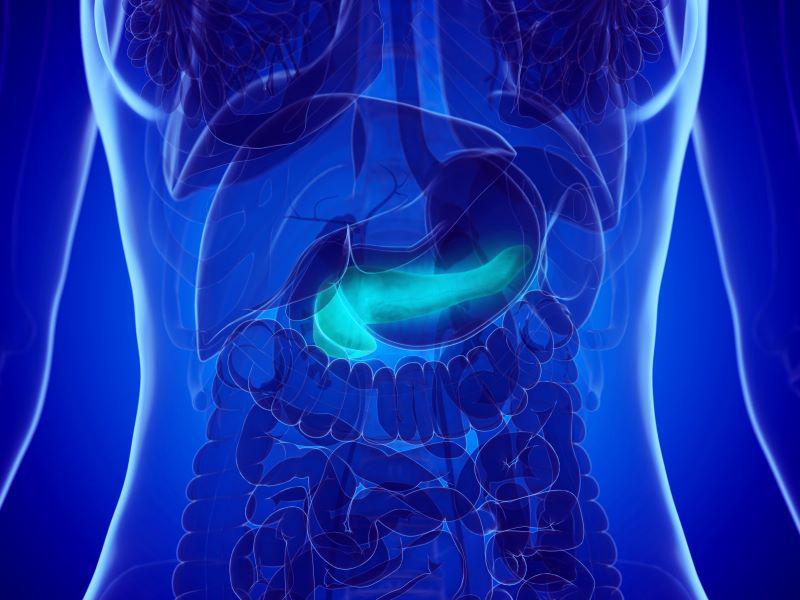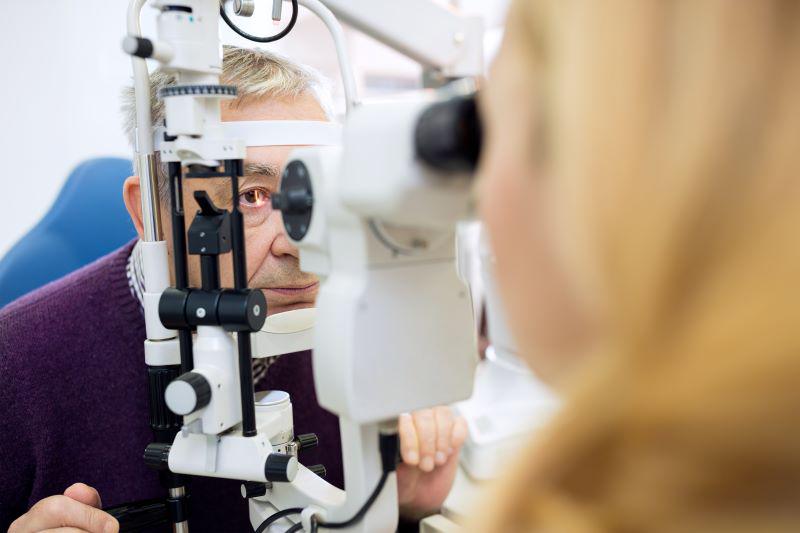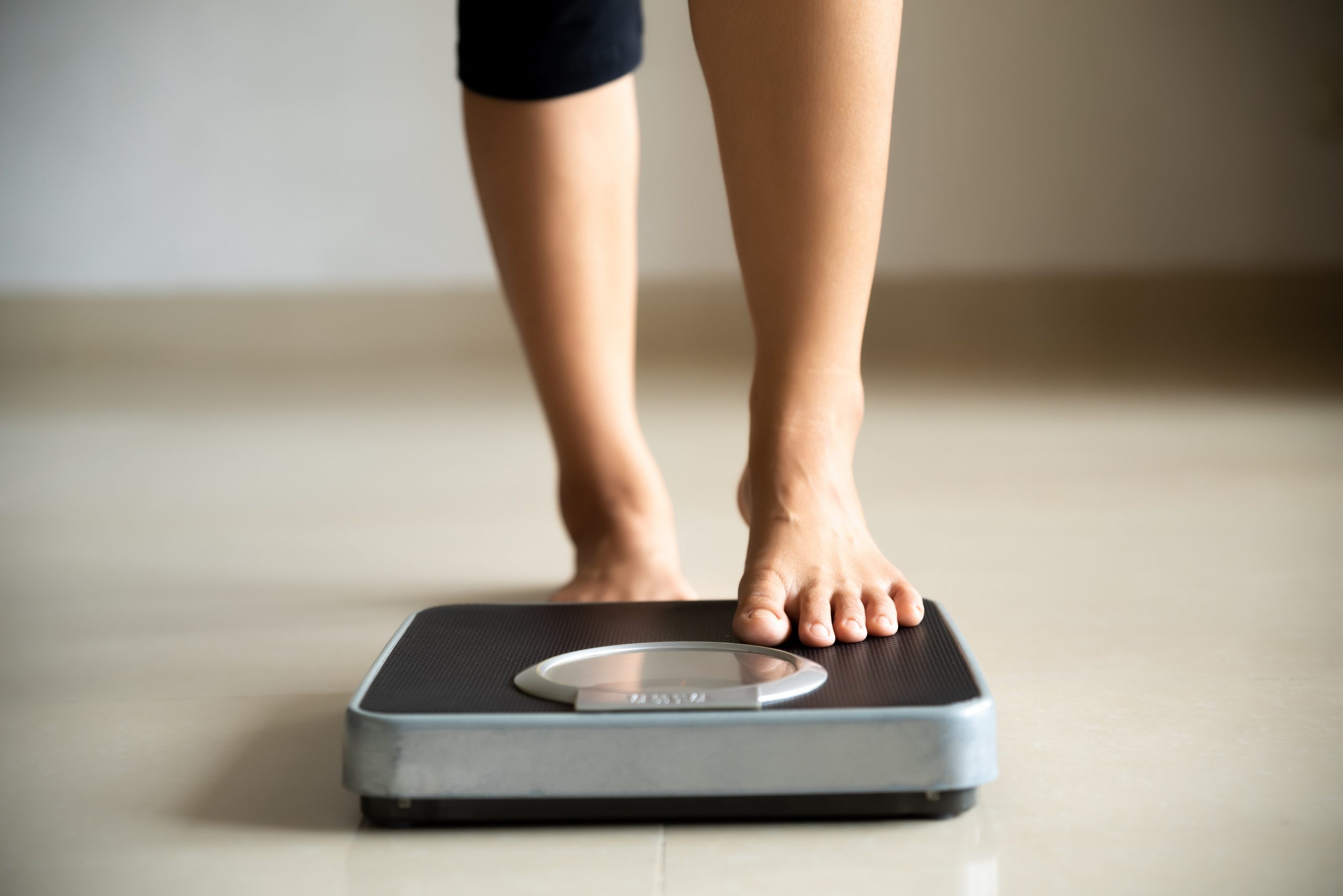
The Thanksgiving table is typically loaded down with turkey, stuffing, gravy, mashed potatoes and all kinds of pie, but nutritionists say kids should also be encouraged to eat fresh fruit and vegetables during the holiday meal. Precious few children eat enough fruits and vegetables the rest of the year, so the Academy of Nutrition and… read on > read on >






























